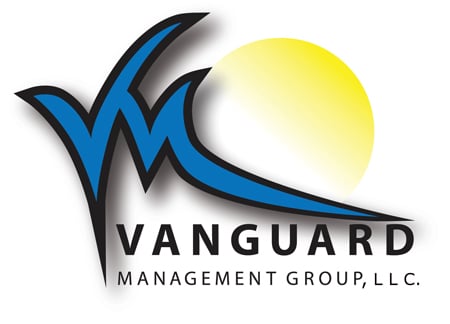

Every association should have effective HOA communication. It’s a key component of successful management. Unfortunately, many HOA boards don’t know where to start when trying to improve their communication methods.
Communication is the cornerstone of seamless operations. This is true for all organizations, homeowners associations included. However, proper communication isn’t possible without the right tools, especially for larger communities. Big or small, though, your HOA should make an effort to use the tools available to ensure effective communication.
Here are the tools you should consider using for your homeowners association communication.
In the past, printed newsletters were one of the main ways HOAs communicated with their residents. Nowadays, though, everything has shifted to a digital format. Newsletters can remain printed, and some communities still distribute physical copies. However, e-newsletters are more common, as they accomplish the same purpose while significantly cutting back on paper and mailing costs.
An HOA newsletter comes in different forms. Some are brief, only a few pages, while others are lengthier. Include important information, announcements, and valuable content when crafting your newsletter. You can write helpful articles, recognize key contributors, and encourage residents to submit their own pieces.
In today’s digital world, email has become one of the primary modes of communication. This goes for homeowners associations, too. Many communities have opted to use email to distribute notices, disseminate information, and exchange ideas. It’s particularly popular as a form of HOA board communication.
Some laws may govern how an HOA can use emails, though. Some may not allow HOAs to send official notices via email or require HOAs to secure consent from members beforehand explicitly. In Florida, board members may use email to communicate with each other but may not use it to cast a vote on association matters.
If you’re going to use email communication, make sure you comply with state and local laws. Moreover, you should ensure that homeowners’ email addresses are kept private.
Believe it or not, traditional mail is still widely used in the HOA industry. Many laws and governing documents even require associations to send official notices via certified mail.
Direct or traditional mail remains a good form of communication for HOAs. It’s particularly suited for communities whose demographics skew older. Senior citizens, for example, don’t tend to be as technologically savvy. They rely more on communication received through the mail.
Having a website or homeowner portal is a good way to give residents access to important information at their whim. Most associations upload critical documents, such as the CC&Rs, bylaws, and meeting minutes, into their portal for easy viewing. This way, owners don’t have to file an official request to inspect these documents.
In addition to information availability, a homeowner portal usually helps with dues payments. Most portals integrate online payments for dues and fees, making it easier for homeowners to stay up-to-date on their accounts.
Social media is a juggernaut of information dissemination. Companies and brands use it to curate their image, boost their visibility, and communicate with followers. Homeowners associations can do the same.
Of course, social media does have its downsides. Due to the way they are structured, most social media pages allow residents to comment or make posts freely. While this supports two-way communication, it also risks potential liability. A resident may say something negative about the HOA that’s not entirely true.
It’s imperative to establish a social media policy to avoid conflicts brought on by social media. Simple rules such as “don’t use inflammatory or offensive language” and “keep discussions civil and on topic” can go a long way.
Homeowners associations can also use text messaging. Most people read text messages within 5 minutes of receiving them, making them perfect for short yet urgent messages. As with email communication, though, make sure to prioritize data privacy.
Although communication comes with the territory, you shouldn’t leave it all up to chance. Board members should create an effective policy to regulate HOA community communications. This policy can differ from one association to another. However, here are some key thoughts to consider.
HOA communication plays an integral role in association operations. As you can see, there are plenty of tools available to improve communication. Along with choosing the right tools, your board should craft a solid policy to regulate communication within your community.
Vanguard Management Group offers HOA management services, including communication between homeowners and board members. Call us today at 813-930-8036 or contact us online to learn more!
